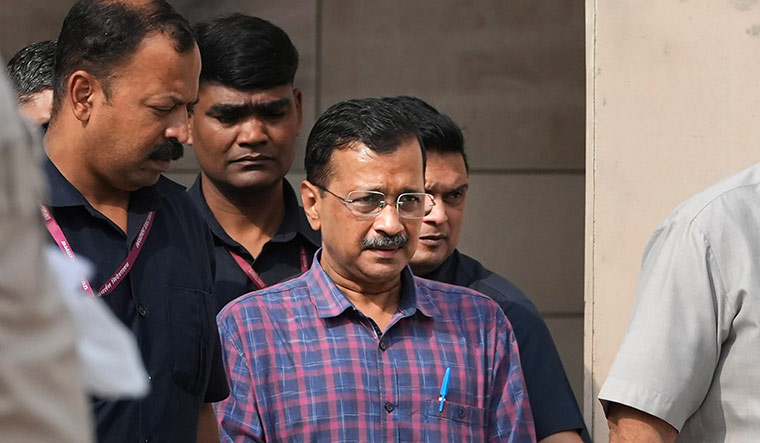
The court’s directive came as ED counsel sought another postponement, citing the unavailability of Additional Solicitor General SV Raju, who was occupied in a Supreme Court matter. Kejriwal’s legal team strongly opposed the delay, pointing out that the agency had already asked for nine adjournments. The bench accepted the request but underscored that this would be the “last and final opportunity” for ED to argue its plea.
Kejriwal had been granted bail by a trial court on 20 June 2024, but the order was stayed by the Delhi High Court the next day. The ED challenged that order as “perverse” and filed for its cancellation, contending that the lower court failed to appreciate evidence collected in its investigation. In July 2024, the Supreme Court granted interim bail to Kejriwal and referred the question of whether his arrest was necessary under the Prevention of Money Laundering Act to a larger bench.
In the hearing on Tuesday, Kejriwal’s counsel, senior advocate Vikram Chaudhari, argued that the continuous adjournments were a tactic to delay disposal of the matter. He said the defence had even prepared a chart detailing all prior delays caused by ED. The bench, while allowing the one adjournment, emphasized that the next date must be strictly adhered to.
Legal observers view the High Court’s firm tone as an effort to balance the demands of prosecutorial fairness with the right to a timely hearing. If ED fails to make its submissions on 10 November, it may jeopardise its ability to seek cancellation of bail. The stakes are high: a judicial ruling against the ED could limit its leverage, while a successful plea could reopen arguments over Kejriwal’s release conditions.
Parallel to the bail challenge, the case remains embroiled in broader legal complexities. ED had earlier informed the High Court that it would defer pursuing cancellation of interim bail while key legal questions around arrest under PMLA were being considered. The agency also obtained prosecution sanction from the Union Home Ministry in January 2025. Kejriwal and other accused had sought quashing of the entire proceeding, challenging the validity of cognisance taken without sanction; however, that petition has not been decided.
The Delhi excise policy case has long political overtones. Critics argue that agencies have leveraged anti-money laundering statutes to target opposition politicians. The Aam Aadmi Party maintains the case is politically engineered. The Supreme Court’s referral of the “necessity” of arrest under PMLA has itself been delayed by procedural wrangling over constitution of a larger bench.
Other actors in the case include Manish Sisodia, former deputy chief minister, whose alleged role in drafting and implementing the excise policy has drawn separate FIRs and legal challenges. ED investigations have also implicated other bureaucrats and liquor traders, with allegations of financial kickbacks channelled into political funding.
